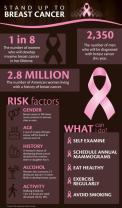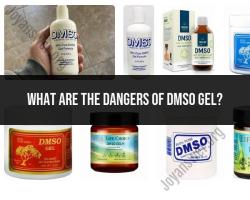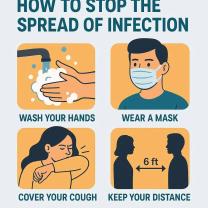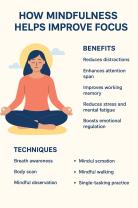When should a person worry about a nosebleed?
Nosebleeds are common and often not a cause for concern. However, there are situations in which you should be concerned about a nosebleed and seek medical attention:
Duration: If a nosebleed lasts for more than 20-30 minutes despite following first aid measures to stop it, you should seek medical help. Prolonged bleeding may indicate an underlying issue that needs evaluation.
Frequency: Frequent or recurrent nosebleeds, especially if they occur several times a week, could be a sign of an underlying problem. Consult a healthcare professional to determine the cause.
Heavy Bleeding: If the bleeding is heavy and you're losing a significant amount of blood, it's a cause for concern. Seek immediate medical attention, as this could be a sign of a bleeding disorder or other serious condition.
Difficulty Breathing or Swallowing: If you have difficulty breathing or swallowing due to a nosebleed, seek medical help immediately. This could indicate a more severe issue.
High Blood Pressure: If you have high blood pressure and experience frequent or severe nosebleeds, consult your healthcare provider. High blood pressure can contribute to nosebleeds, and managing your blood pressure may help reduce their occurrence.
Trauma: If the nosebleed is the result of a head injury or facial trauma, it's important to seek immediate medical attention to rule out any serious injuries.
Bleeding Disorders: If you have a known bleeding disorder or a family history of such disorders, any nosebleed should be evaluated by a healthcare professional.
Nosebleeds in Children: While nosebleeds in children are often benign, if a child experiences recurrent or severe nosebleeds, it's a good idea to consult a pediatrician or an ear, nose, and throat (ENT) specialist.
Medications: Some medications, such as blood thinners (anticoagulants) or antiplatelet drugs, can increase the risk of nosebleeds. If you are taking these medications and experience frequent nosebleeds, discuss the issue with your healthcare provider.
Other Symptoms: If nosebleeds are accompanied by other concerning symptoms, such as unexplained bruising, fatigue, or weakness, it may be indicative of an underlying medical condition that needs evaluation.
In most cases, nosebleeds are not a cause for alarm and can be managed with simple first aid techniques. However, if you have concerns about the frequency, duration, or severity of your nosebleeds, or if you have any underlying medical conditions, it's always advisable to consult a healthcare professional for a proper evaluation and guidance on treatment or management.
Nosebleeds: When Should You Be Concerned?
Most nosebleeds are not serious and go away on their own. However, there are some cases where you should be concerned and seek medical attention.
You should call 911 or your local emergency number if you have any of the following symptoms:
- The bleeding is heavy and does not stop after 10 minutes of applying firm pressure.
- You are bleeding from both nostrils at the same time.
- You are having difficulty breathing.
- You are swallowing a lot of blood.
- You have a headache, fever, or stiff neck.
- You have recently had a head injury.
- You are taking blood thinners.
You should also see a doctor if you have frequent nosebleeds, even if they are not severe. Frequent nosebleeds could be a sign of a more serious medical condition, such as high blood pressure, a blood disorder, or a nasal tumor.
Assessing Nosebleed Severity: Signs to Watch For
The following factors can help you assess the severity of a nosebleed:
- The amount of blood being lost
- The duration of the bleeding
- Other symptoms, such as difficulty breathing, headache, or fever
If you are bleeding heavily, the bleeding does not stop after 10 minutes of applying firm pressure, or you have any other symptoms listed above, you should seek medical attention immediately.
Nosebleeds and Health: When to Seek Medical Attention
If you are unsure whether or not you should seek medical attention for a nosebleed, it is always best to err on the side of caution and see a doctor. Even if a nosebleed is not serious, it is important to get it checked out to rule out any underlying medical conditions.
Here are some specific examples of when you should seek medical attention for a nosebleed:
- If you have frequent nosebleeds, even if they are not severe.
- If you have a nosebleed that is caused by a head injury.
- If you have a nosebleed and you are taking blood thinners.
- If you have a nosebleed and you have other symptoms, such as difficulty breathing, headache, or fever.
If you have any concerns about a nosebleed, please talk to your doctor.













